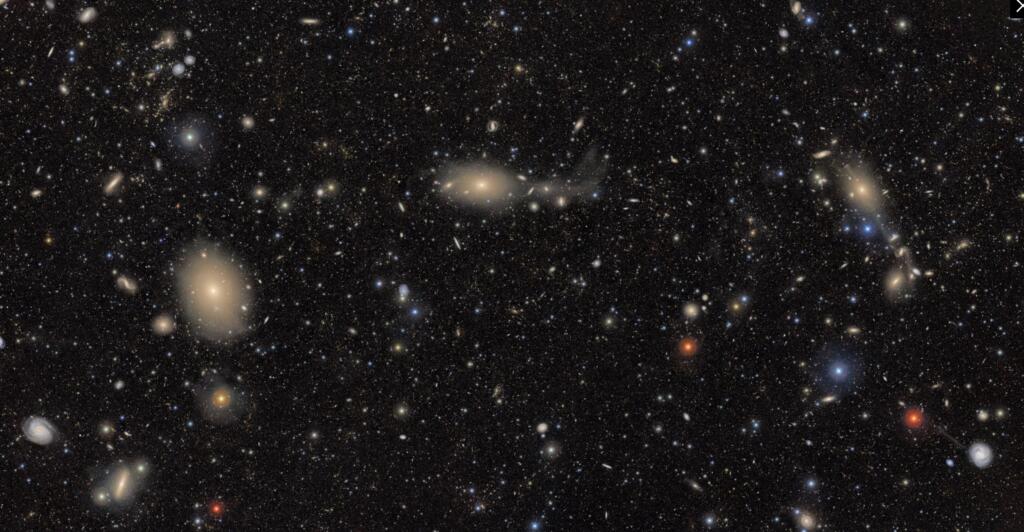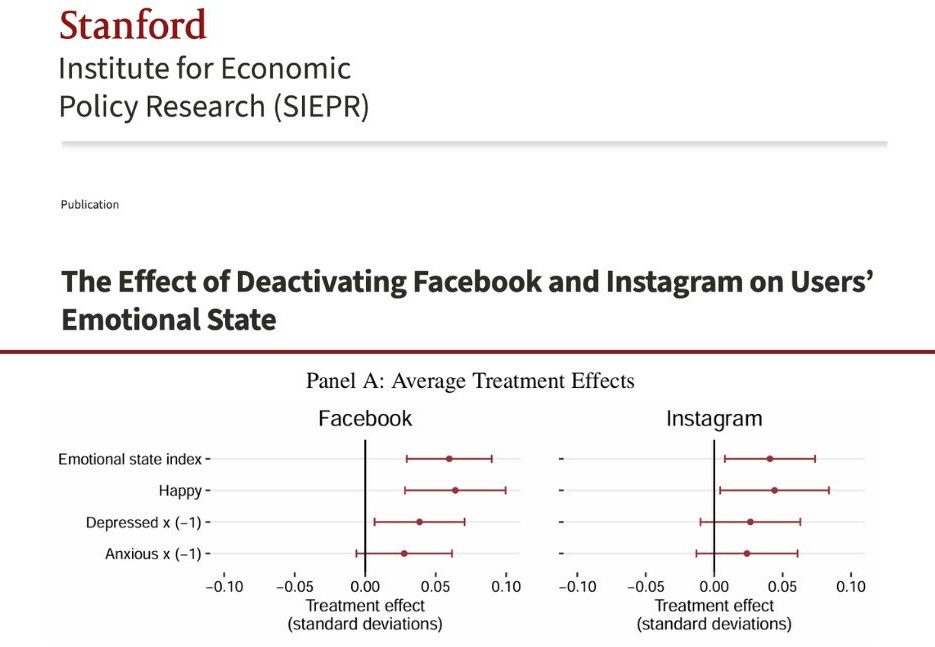Now Reading: New Telescope Detects First 2,000 of 5 Million Expected Asteroids
-
01
New Telescope Detects First 2,000 of 5 Million Expected Asteroids
New Telescope Detects First 2,000 of 5 Million Expected Asteroids

fast Summary
- The Vera C. Rubin Telescope Observatory is now operational, enabling advanced astronomical research.
- In its frist 10 hours of test observations,the observatory discovered 2,104 new asteroids,including seven near-Earth asteroids; none pose any threat.
- It is capable of detecting asteroids at a rate 100 times faster than all othre telescopes combined.
- Over a decade-long Legacy survey of Space and Time (LSST), it expects too discover over 5 million asteroids, considerably expanding from the ~1 million identified to date.
- Located in Chile with an automated system and an advanced camera-the world’s largest car-sized digital camera-capable of capturing detailed images with unprecedented efficiency.
- The observatory images the full sky every few nights and detects approximately 10 million changes in the night sky nightly.
Image Included:
!Rubin Observatory Image
Video Included: YouTube Video on Rubin Observatory’s Capabilities
Indian Opinion Analysis
The operational success of the Vera C.Rubin telescope marks an important milestone in global astronomy. Its ability to detect millions of changes per night and find new celestial objects at unprecedented speed demonstrates scientific excellence that could reshape humanity’s understanding of space phenomena such as asteroid behavior.
For India,while indirect implications emerge-such as increased knowledge about potentially hazardous near-Earth objects-it also underscores areas were international collaboration in space technology might help domestic programs like ISRO enhance asteroid tracking infrastructure or improve observational capabilities when tackling planetary defense initiatives. Such projects can bolster India’s scientific contribution globally while refining national strategies for space exploration.
The telescope showcases monumental advancements facilitated by automation and high-resolution imaging technologies-fields that could offer lessons for India’s ongoing push into other AI-enabled astronomic systems or satellite design collaborations.
Read more: New Telescope Will Detect Ten million Changes Per Night

























